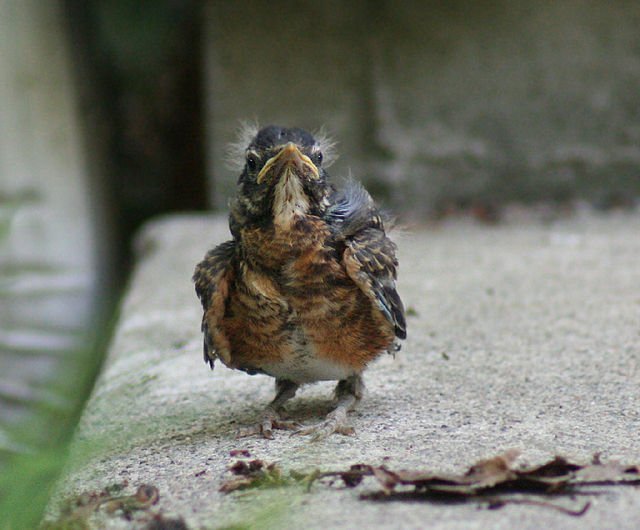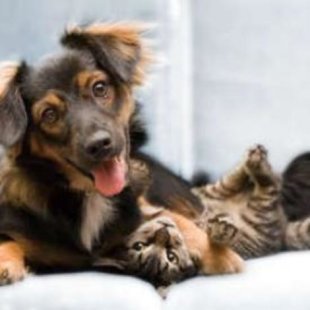Baby Animal Names List Definition
Source(google.com.pk)Nature baby names come from several categories: flower names, tree names, water, weather, and animal names. The popularity of nature names has risen along with the green movement, which has made us more appreciative of all things connected with nature. We have also seen a rise in nature baby names as parents look for names beyond the usual first name boundaries. Here are some of the coolest nature baby names for girls and boys today.First one's the animal, second one's the young:
Dog: puppy
Cat: kitten
Chicken: chick
Goat: kid
Sheep: lamb
Cow: calf
Pig: piglet
Silkworm: none (a silkworm's basically a caterpillar of the silkmoth)
Guinea pig: guinea pig pup or I guess just pup...
Camel: calf
Water buffalo: calf
Horse: foal
Llama: cria
Deer: Fawn
Duck: duckling
Donkey: foal
Hedgehog: pup, piglet, hoglet, or just baby or young hedgehog
Reindeer: calf
Goose: gosling
Pigeon: squeaker
Canary: (I don't think there's a name for it)
Quail: cheeper or chick
Yak: calf
Gayal: calf
Banteng: calf
Alpaca: cria
Ferret: kit
Guineafowl: keet
Carp: ( I think they're just called juveniles).
Bees: Larvae, then when they start to look like a bee they're called callows
Turkey: poult
Rabbit: bunny, kit, or kitten
Goldfish: fry
Zebu: calf
Elephant: calf
Peafowl: peachick
Dove: chick or squab
Rat: kitten or pup
Swan: cygnet
Fox: Cub, pup, or kit
Muskox: calf
Mink: kitten or cub
Snake: neonate
Hamster: pup
Finch: chick
Cockroach: nymph
Budgerigar: I don't know, but I think it's a chick...
Cockatiel: I don't know, but I think it's a chick...
That's all of themOver the years, a number of correspondents have written to me, asking for the names of words for weird animals beginning with certain letters of the alphabet, especially those beginning with x, q, and z. Here, finally, is a glossary of 320 unusual words describing different animals, both common and obscure. The list itself will never be complete, and is simply a selection of different species and types of animal. It is not meant to be a representative sample of the world's faunal biodiversity - it is heavily skewed towards mammals, for instance - and specifically excludes multi-word common names (e.g. 'wood warbler') and purely scientific names (e.g. 'Pan troglodytes'). The words themselves are fascinating, and reflect an extraordinary diversity of languages of origin, demonstrating the true globalization of English over the past two centuries of exploration and imperialism. They also tell a real story of tragedy; like some of these species themselves, the languages that gave us many of these words have gone extinct, leaving nothing but these names for majestic beasts, fowl, fish, and insects.Learn the names of animals and their babies with this preschool lesson and worksheet. Mother and baby animals are also the subject of suggest stories for providing background knowledge. Read on for ideas to support your animals theme.
Preschool children have a natural fascination with animals - especially baby animals! Help your little ones learn the names of different animals and their offspring with these lesson ideas and coordinating preschool worksheet. Mother and baby animals are the focus, and the best introduction is to spend time reading about them.Before you begin the preschool worksheet, mother and baby animals lessons or read alouds, you must first introduce the idea that animals have different names depending on whether they are male or female, and adult or offspring. This is best illustrated by using what the preschoolers are most familiar with - themselves. Explain that there are two types of people - males and females. Males are boys and females are girls. Grown-up males are called "men." Ask them if they can guess the name for grown-up females. The answer, of course, is "women." Now ask them if they can think of the name for a young male. The answer would be "child." You can take this opportunity to point out that the same name is used for young females.
It is at this point that you can help the children make the connection to animals - that animals have different names depending on whether they are male or female, and that adults and babies (or offspring) often have different names as well.
Baby Animal Names List Free Pictures Images Photos Wallpaper Clipart 2013

Baby Animal Names List Free Pictures Images Photos Wallpaper Clipart 2013

Baby Animal Names List Free Pictures Images Photos Wallpaper Clipart 2013

Baby Animal Names List Free Pictures Images Photos Wallpaper Clipart 2013

Baby Animal Names List Free Pictures Images Photos Wallpaper Clipart 2013

Baby Animal Names List Free Pictures Images Photos Wallpaper Clipart 2013

Baby Animal Names List Free Pictures Images Photos Wallpaper Clipart 2013

Baby Animal Names List Free Pictures Images Photos Wallpaper Clipart 2013

Baby Animal Names List Free Pictures Images Photos Wallpaper Clipart 2013

Baby Animal Names List Free Pictures Images Photos Wallpaper Clipart 2013

No comments:
Post a Comment